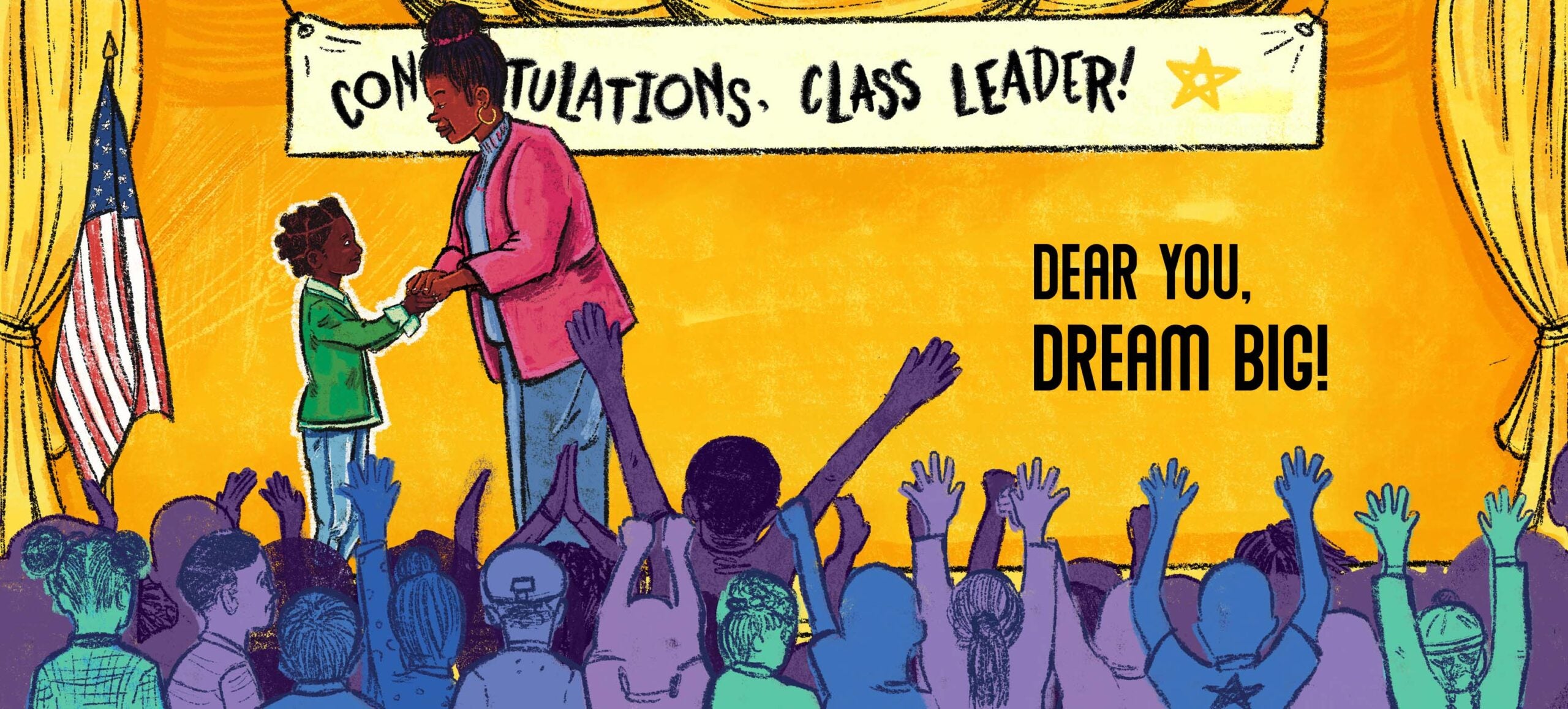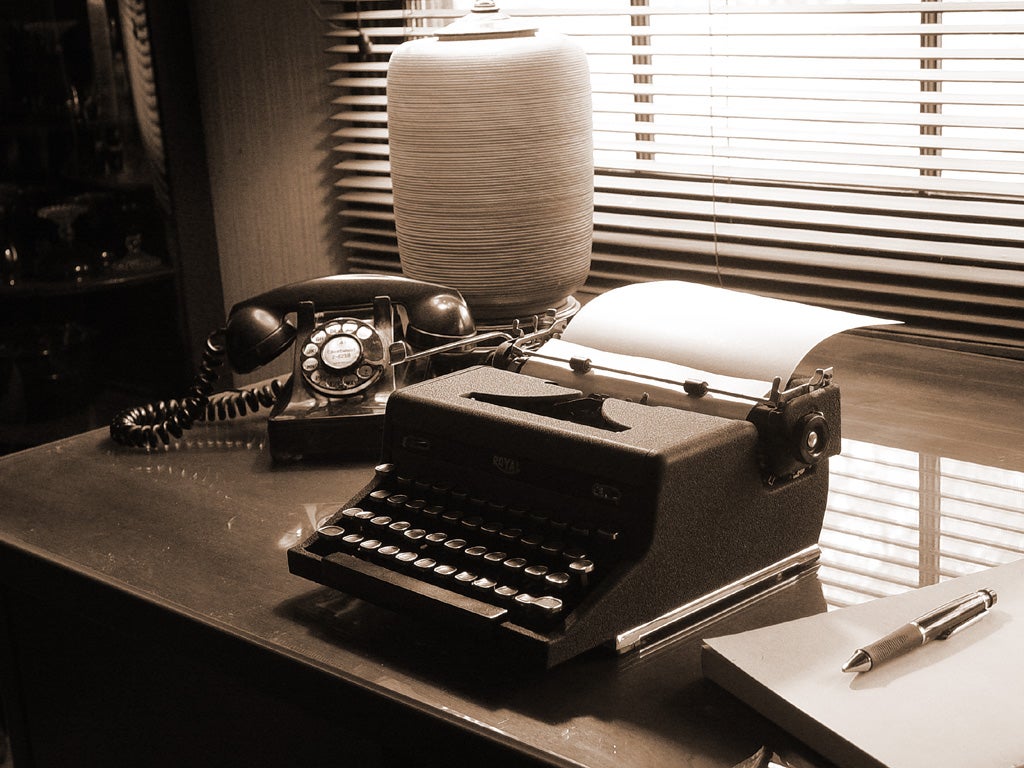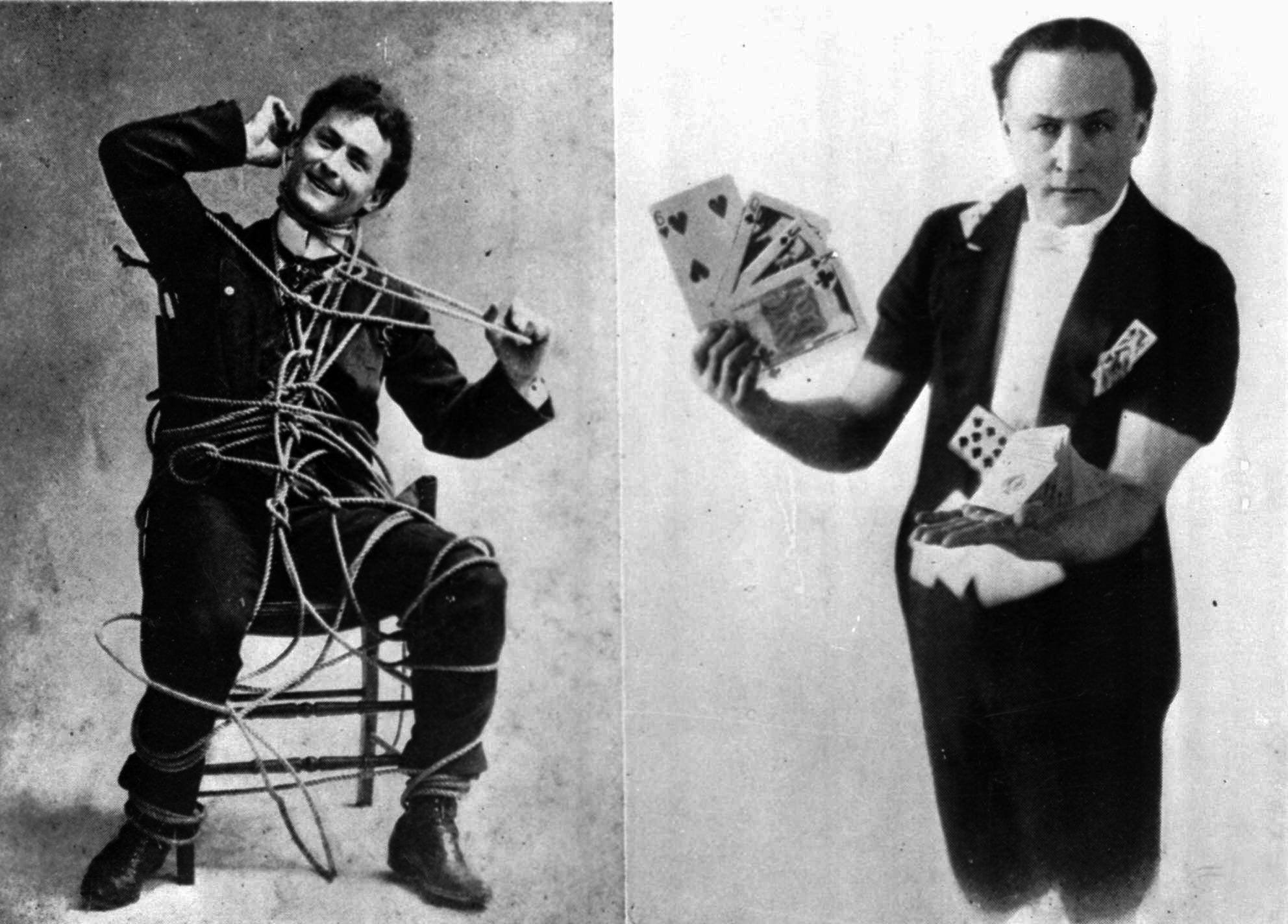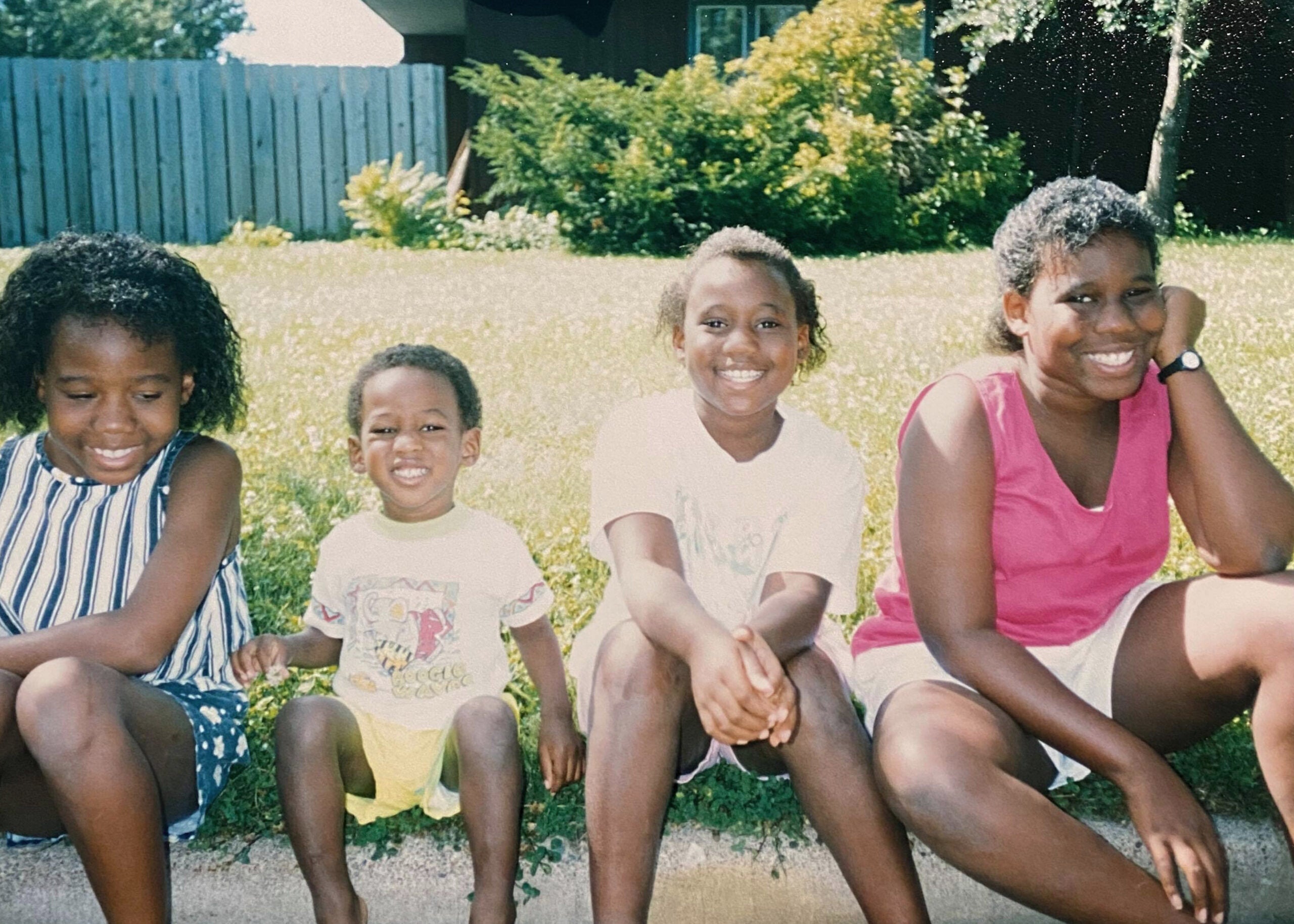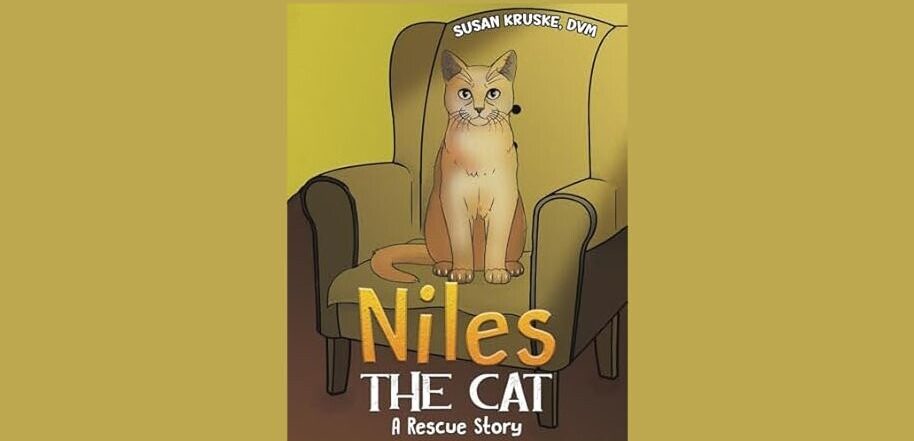More than 2,000 miles southeast of Green Bay lies the island of Saint Lucia, a country in the Caribbean.
While Caribbean-born author Baptiste Paul calls Green Bay home now, he remembers walking barefoot for 12 miles to the only library in town to experience adventure and escape island life.
“Even though it’s like a world away from Green Bay, there are so many similarities in what I did as a child and what kids in Green Bay do,” Paul said.
Stay informed on the latest news
Sign up for WPR’s email newsletter.
Baptiste Paul spoke with WPR’s “Wisconsin Today” about his new children’s book called “Dear You, Dream Big!” He said the book offers hope to Black and brown children facing inequality.
“I’ve had people make fun of me and ridicule me, and I felt I was just talking to the younger me and to every Black and brown child in the world,” he said.
Paul told “Wisconsin Today” that children of color need the opportunity to connect with literature, and his book is a way to bring hope.
The following has been edited for clarity and brevity.
Kate Archer Kent: What compels you to talk directly to children of color in your new book?
Baptiste Paul: I want every Black and brown child to know that although history has been purposefully written to disadvantage them, they control their own destiny. All they need to do is to find someone who looks like them in a space they want to explore, latch on to that individual and just go for it.
I remember when I was a kid growing up, I had a teacher who once called me dumb and stupid. Those wounds are still fresh and it still hurts to this day. But my champion was my mom. She was a rockstar, and she told me I am smart and intelligent and I should never give up. I have latched onto those words ever since.
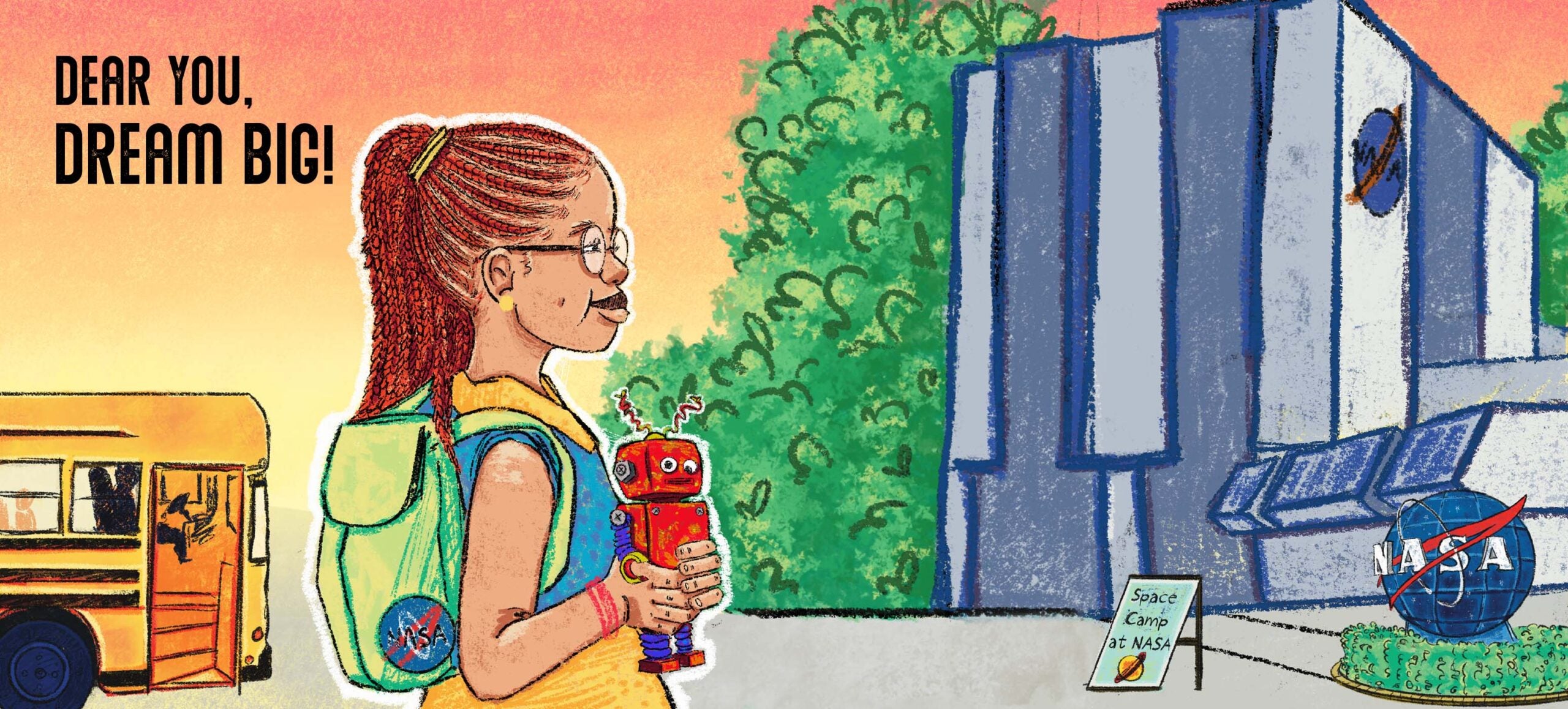
KAK: Your mom believed in the value of education. Do you have any stories from her?
BP: My mom grew up as an indentured servant on the island of Saint Lucia in the Caribbean. She was not allowed to go to school. Basically, she worked at the more affluent people’s homes. One day, she just abandoned a job where she was cleaning, and she saw the kids going to school. She followed the kids, the wealthy families, and she sat down for the first time in a classroom.
She told me this was the best two minutes of her life. But within a minute or so, her mom brought her all the way back to the job. I just want the audience to know that my mom is still illiterate. My mom can’t read and my mom can’t write. But she made a promise after that day that every single one of her children would get an education, no matter what.
KAK: Were books accessible to you as a child?
BP: Back in the day, climbing the fence or scaling the airport fence and crossing the runway was a little bit more lax. So, that’s what I did.
I checked the skies to see if a plane was coming first, and then I ran across the runway. Then I got into town, went to the library and I grabbed my books to read. I just wanted an escape. I wanted to go places my island could not provide. I found those comforts in the pages of books, and that was just liberating to me.
KAK: How do these experiences from your childhood inform what you put on the pages for your books?
BP: I travel a lot. I present all around the state, all around the country and internationally. I try to bring the whole idea of learning through experience when I present. Part of the message I teach is about empathy and kids to be able to connect and relate to other people’s experiences.
My first book was called “The Field,” and I did a Skype visit with a school in Saint Lucia. One child at the end of the presentation was crying. I thought I said something wrong or did something wrong. He said “No.” He said, “This is the first time in my life I have seen my experiences represented on the pages of books, and this is the first time I’ve seen my language, the Creole words that I speak every day, printed on the page.”
Then he said the most important thing ever. He said, “When I grow up, I want to be an author like you.” That just gives me so much hope. That’s part of my message.
KAK: You follow several Black children in the book who each want to become an artist, a scientist or president. Why did you choose these specific scenarios to inspire your young readers?
BP: Illustrator Toni D. Chambers actually chose three different career paths to show Black and brown children that, “Hey, you can do any of it and all of it.” Find something you love, you connect with and just do it.
